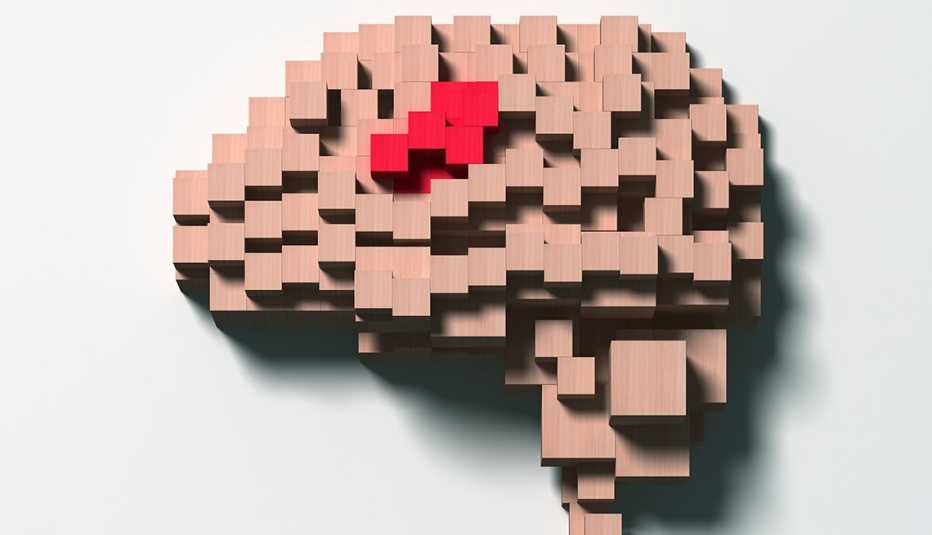AARP Hearing Center


John Walsh, the 69-year-old longtime host of America's Most Wanted and, this year, of The Hunt on CNN, has also been for decades a serious semipro polo player. And it was when those two worlds collided that Walsh, who estimates he has broken about 40 bones along with suffering several concussions while playing polo, began to pay attention to his brain.
"After the show [The Hunt] was launched, I noticed I was having a little bit of trouble memorizing the big scripts," says Walsh, who is also a national spokesman for Greatcall, a medical alert service. "I've had two skull fractures, two broken noses, six concussions — I used to be able to memorize those scripts in an hour. But I'd get confused, and my short-term memory wasn't so great."
Walsh began consulting with neurosurgeons at the Mayo Clinic. "The doctors told me it's difficult to diagnose, but they can monitor it," Walsh says. Now he gets regular CT scans of his brain and does various mental exercises, such as crosswords and word games.
"It takes courage to let your doctor know there may be something wrong," he says. "Most importantly, it means knowing there's a problem and going for the exams."
Walsh speaks for many older Americans whose head trauma earlier in their lives may begin to manifest itself after they turn 50. Scientists divide such trauma into transient brain injuries — where symptoms dissipate after seven to 10 days — and more severe traumatic brain injuries that have long-term cognitive consequences.
The symptoms of delayed brain trauma have been recognized in professional athletes for years. Tony Dorsett, 61, is a Hall of Fame running back who played with the Dallas Cowboys. After a concussion-filled career, he's been diagnosed with serious brain trauma. "I'm doing pretty good, for the most part, I guess," he says.
He urges people over 50 to "stay active, keep reading, do puzzles, go to movies, talk about books — the thing to do is engage people." He also advocates exercise — "get that adrenaline flowing, that rush through your body, that blood to your brain."
Less well documented is the lingering effect of early brain trauma on ordinary Americans.
Not just jocks



































































More on health
Easy, Enjoyable Ways to Boost Heart Health and Lower Blood Pressure
How just stretching, taking baths or enjoying your coffee could lower your risk of heart attack and stroke